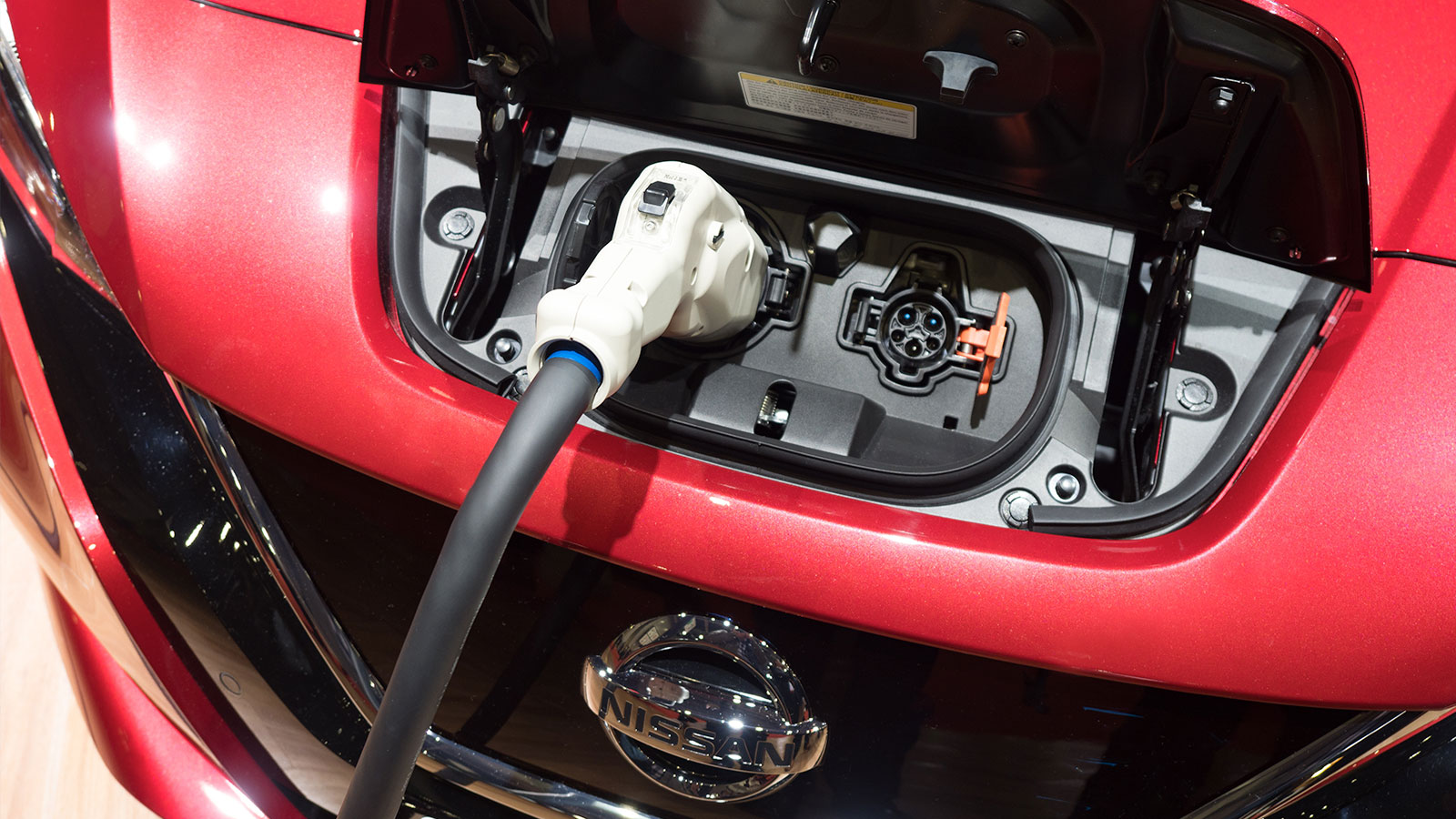The UK Government is reportedly considering a delay in the implementation of the zero emission vehicle mandate.
Reports have suggested that Kemi Badenoch, Secretary of State for Business and Trade, is leading the charge against the ZEV mandate within Cabinet – noting that it could cost jobs at vehicle manufacturers, while also reducing investment in the UK.
The zero emission vehicle mandate was announced as part of the UK’s presidency of the 2021 United Nations Climate Change Conference, commonly known as COP26. It was a flagship policy for Boris Johnson and his Government, which would see the sale of polluting cars phased out over the next decade and a half.
It was expected that the zero emission vehicle mandate would officially take effect in 2024. For that year, vehicle manufacturers were expected to have zero emission cars or vans make up at least 22% of their annual sales. Failing to achieve that figure would mean companies could either buy credits from manufacturers that had achieved over 22% or would face a fine.
The scheme is similar to one that has been in effect in California since 1990, although was expected to focus on purely electric vehicles – unlike the Californian program which also sees manufacturers earn credits for hybrids. Like California, the UK scheme would also see a phased approach, with the ultimate goal of forcing manufacturers to sell nothing but zero-emission vehicles by 2035.
Badenoch’s opposition to the policy was on full display in a spokesperson’s comment to Politico, where it was noted, “If major car companies employing thousands of people are saying that there’s a problem, then it’s her job to look at ways to ease that problem.”
There is no doubt that some car manufacturers have made clear that the zero emission vehicle mandate isn’t ideal – with Toyota calling the policy ‘challenging’, while Ford noted it would be a ‘threat’ to its business in the UK.
However, as is often the case with these policies, those who are most likely forced to spend more, are more likely to be vocal in opposition. And even then, opposition from vehicle manufacturers isn’t unanimous – with the Society of Motor Manufacturers and Traders even noting that a delay in the ZEV mandate could potentially be even more damaging.
In terms of investment, the UK could also see an even bigger impact if the ZEV mandate is abandoned. That’s at least according to the Government’s own figures, which have suggested that slowing down the ZEV mandate would slash the direct societal benefits of the policy from £96 billion to just £11 billion.
Europe’s leading clean transport NGO, Transport & Environment, has also warned about the impact on investment a delay could have. During its own research, the organisation noted that “The dither and delay manoeuvres of the UK government concerning the zero emissions car and van mandate could risk billions of pounds worth of private investment going into the UK charging network which could endanger the whole decarbonisation of transport.”
In addition to a loss of investment, the NGO also warned that “If the ZEV mandate was watered down to make 2024 non-binding for the industry, this would result in 3.8Mt more CO2 being released into the atmosphere – roughly 3% of UK transport emissions in 2022.”
Richard Hebditch, UK Director of Transport & Environment, commented, “It’s frankly ludicrous that some in government are even considering watering down the zero emissions car and van mandate. The mandate is designed to aid the industry to smoothly transition to electric vehicles at every stage of the process – manufacturing, charging infrastructure, battery production.
“The biggest threat to planned investment comes from “dither and delay”, undermining trust and confidence in the UK from those considering investing in the battery supply chain and charging infrastructure. Prime Minister Sunak needs to send a clear and strong message to investors, and his own party by celebrating a success story with investments to support UK jobs that can deliver reductions in emissions – not undermining the very policies that create that success.”

